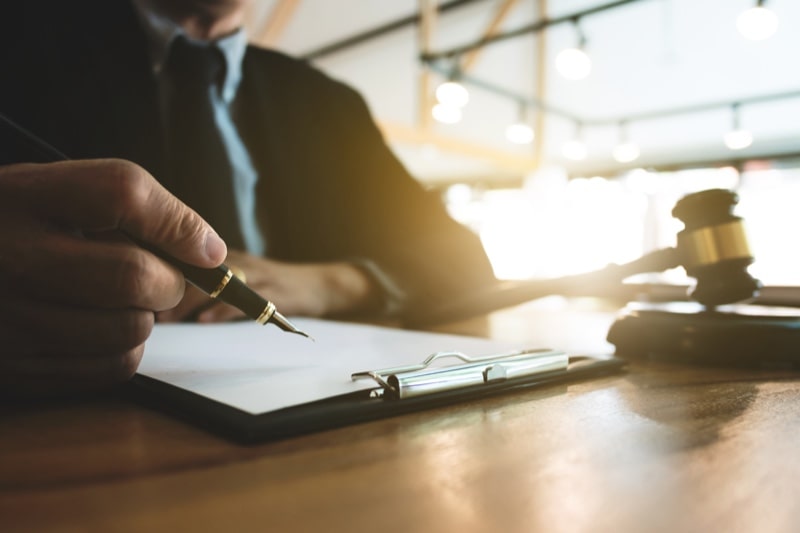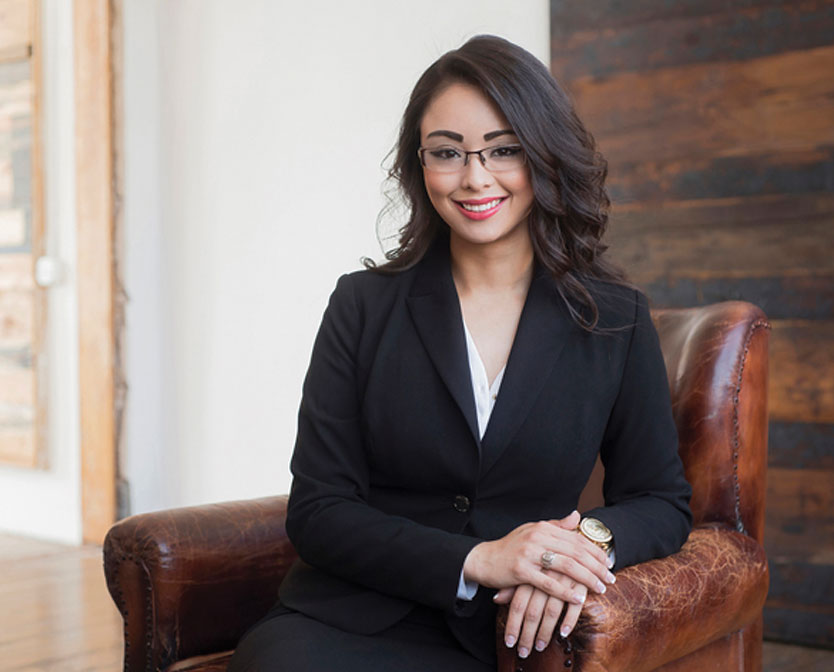
If you have sustained serious injuries because of someone else’s negligent behavior, you should not be held financially responsible for the mental, physical, emotional, and financial hardship you have endured.
For many accident victims, the thought of pursuing legal justice seems overwhelming.
Unfortunately, failing to seek the compensation you are owed can result in long-term and life-changing hardships.
With the right legal counsel, pursuing justice through the New Mexico court system does not have to be a burden. It may be helpful to understand more about the process.
Not all cases go to trial, but if they do, you want a personal injury trial attorney who is experienced and compassionate.
The team at Tawney, Acosta & Chaparro P.C. can help you determine the best legal strategy for your case and provide the skilled representation you need in pursuit of maximum financial recovery for what you have been through.
Contact us today to get started!
How Many Personal Injury Cases Go to Trial?
Though the exact percentage is unclear, approximately 95% of personal injury cases are settled, meaning 5% or less end up going to trial. In many instances, it makes sense for both parties to settle the case rather than go to trial.
Litigation can be lengthy and carries additional expenses. Your Albuquerque personal injury lawyer will be able to walk you through the benefits and downsides of filing a lawsuit, so you can make an informed decision on what is best for your case.
What Happens in a Personal Injury Trial in Albuquerque?
Having an idea of what to expect in a personal injury trial can ease anxiety and help you make a decision on whether filing a lawsuit is the best option for you.
Court proceedings can last anywhere from a day to weeks, depending on a number of factors, including the complexity of facts and the number of witnesses providing testimony.
Your personal injury trial attorney can provide more detailed information about what to expect. Generally, each trial will have the following stages described below.
Pre-Trial Motions
Attorneys on both sides of the argument use pre-trial motions to establish boundaries before the trial by asking the judge to make decisions before the trial. Some of these decisions may involve the exclusion of evidence, change of venue, or motions to dismiss the case entirely.
Selection of Jury
A trial consists of 6 or 12 jurors who are selected to listen to the facts of your case and make a decision according to applicable law.
These jurors are chosen by both parties to the case and are asked a series of questions to identify any biases or things that may prevent the jurors from being impartial in their decision-making.
Opening Arguments
The purpose of opening arguments or statements is to give each side the opportunity to tell jurors something about the case they will be hearing. The opening arguments cannot be argumentative and are limited to facts that will be proven by the evidence.
Presentation of Evidence
Evidence is presented by both sides for the purpose of justifying their position on facts. Direct and circumstantial evidence are both admissible.
Evidence is presented through witness and expert testimony and cross-examination. The jury can consider this testimony during their deliberations.
Final Motions
Once all the evidence has been presented by both sides and the jury has left the courtroom, either side may submit a motion for a directed verdict. If the motion is granted by the judge, the trial is over. If the motion is not granted, the case is ready to be submitted to the jury.
Closing Arguments
Attorneys from each side have the opportunity to make closing arguments or statements, and generally use this as their final chance to explain why their position is correct and how the evidence reinforces their position. They cannot mention any evidence or facts that were not presented during the trial.
Jury Instructions
The judge instructs the jury regarding the applicable laws that should guide deliberations. In some jurisdictions, the court will provide these instructions prior to closing statements.
The judge will read the instructions, state the issues in the case, define any terms that the jurors may not be familiar with, and explain the burden of proof that must be met.
Jury Deliberations
The jury will retire to a room to discuss the case. One of the jurors will be selected as the foreperson, or presiding juror, and will be tasked with presiding over discussions and delivering the verdict.
Jurors cannot consider any evidence that was not presented, and are not allowed to access the internet or talk to anyone who is not a fellow juror during deliberations.
Verdict
Ultimately, the jurors come to a decision about the case. If no decision is reached, the judge will declare a mistrial. In a personal injury trial, the jury will decide in favor of the plaintiff or defendant.
If the verdict is for the plaintiff, the jury will also set the amount the defendant should pay the plaintiff. There is usually a separate hearing for this.
Judgment
The decision of the jury is not effective until the judge orders for it to be filed in public records. In a personal injury lawsuit, the judge is at liberty to increase or decrease the jury award or make other modifications to ensure that it complies with the law.
Appeals
A common misconception is that cases are always appealed. An appeal cannot be submitted just because someone didn’t agree with the verdict. There must be a legal basis for the appeal, such as a material error in the trial process.
Hiring an Albuquerque Personal Injury Trial Attorney
Though only a small percentage of personal injury cases end up going to trial, it is important to be prepared. The experienced and skilled attorneys at Tawney, Acosta & Chaparro P.C. will always act in your best interest, whether that means negotiating a fair settlement or taking your case to trial.
We offer a free, no-obligation initial case consultation to evaluate the strengths and weaknesses of your claim and start to determine the best legal strategy for your specific situation. Contact us to get started.

